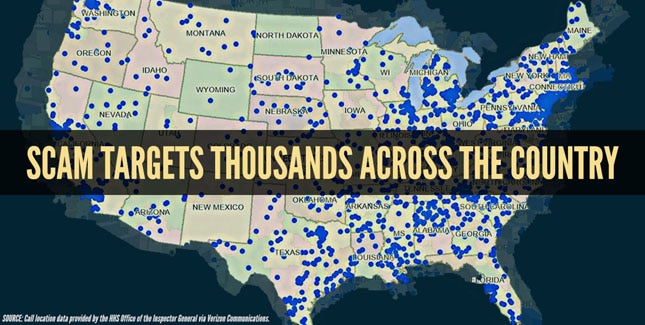Dept of Health & Human Services Administration for Children and Families - ACYF/CB
Regional Partnership Grants to Increase the Well-Being of, and to Improve the Permanency Outcomes for, Children Affected by Substance Abuse in American Indian/Alaska Native Communities
Link: http://www.grants.gov/web/
Regional Partnership Grants to Increase the Well-Being of, and to Improve the Permanency Outcomes for, Children Affected by Substance Abuse in American Indian/Alaska Native Communities
Link: http://www.grants.gov/web/
Estimated Award Date: Sep 29, 2017
Estimated Project Start Date: Sep 29, 2017Application Due Date: Jun 30, 2017 Electronically submitted applications must be submitted no later than 11:59 p.m. ET, on the listed application due date.
Description:
The purpose of this forecasted funding opportunity announcement (FOA) is to provide competitive grant funds for projects of up to 5 years, authorized by the Child and Family Services Improvement and Innovation Act (Pub. L. 112-34). This Act includes a targeted grants program (section 437(f)) that directs the Secretary of Health and Human Services to reserve funds for regional partnership grants (RPGs) to improve the well-being of children affected by substance abuse. These targeted grants will be awarded to regional partnerships that provide, through interagency collaboration and integration of programs and services and activities that are designed to increase the well-being of, improve permanency outcomes for, and enhance the safety of children who are in out-of-home placements or are at risk of entering out-of-home placements as a result of a parent's or caretaker's substance abuse. Native communities face service delivery issues that are complicated by several barriers such as, lack of early intervention for American Indian/Alaska Native (AI/AN) communities, distances to services, and lack of access to programs and services. The goal of the program, services, and activities supported by these funds is to improve the well-being of children and families affected by parental substance abuse in AI/AN communities. Per the legislative requirements, RPGs are required to select and report on performance indicators and evaluation measures to increase the knowledge that can be gained from the program. Partnerships will: Use specific, well-defined, and evidence-based programs and/or promising practices that are also trauma-informed and targeted to the identified population; Conduct an evaluation that is sufficiently rigorous to contribute to the evidence base on service delivery, outcomes and costs associated with the project's chosen interventions; Participate in the national cross-site evaluation, which includes an implementation and partnership study, an outcomes study, and an impact study. PLEASE SEE ALSO FORECAST FOR REGIONAL PARTNERSHIP GRANTS TO INCREASE THE WELL-BEING OF, AND TO IMPROVE THE PERMANENCY OUTCOMES FOR, CHILDREN AFFECTED BY SUBSTANCE ABUSE.
Public and State controlled institutions of higher education
Special district governments
Nonprofits that do not have a 501(c)(3) status with the IRS, other than institutions of higher education
Native American tribal governments (Federally recognized)
Small businesses
County governments
Private institutions of higher education
Others (see text field entitled "Additional Information on Eligibility" for clarification)
Native American tribal organizations (other than Federally recognized tribal governments)
Nonprofits having a 501(c)(3) status with the IRS, other than institutions of higher education
For profit organizations other than small businesses
Independent school districts
Public housing authorities/Indian housing authorities
State governments
City or township governments















